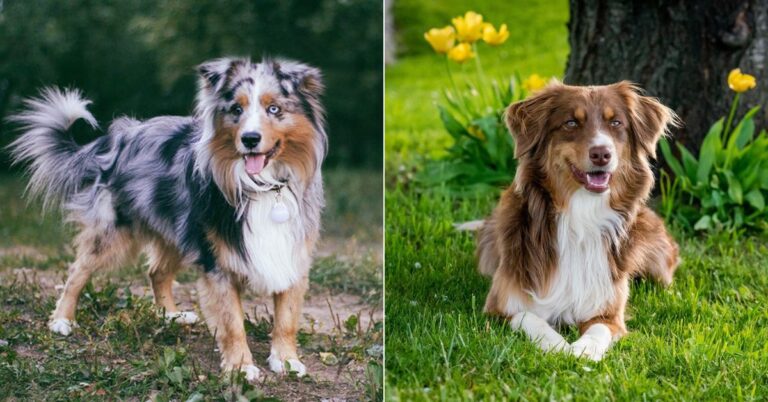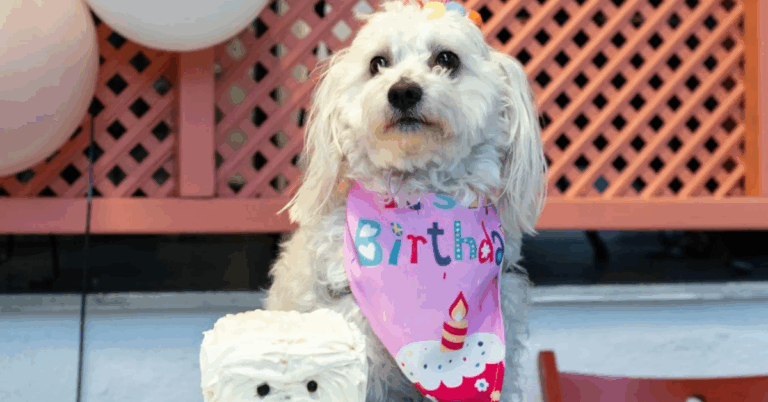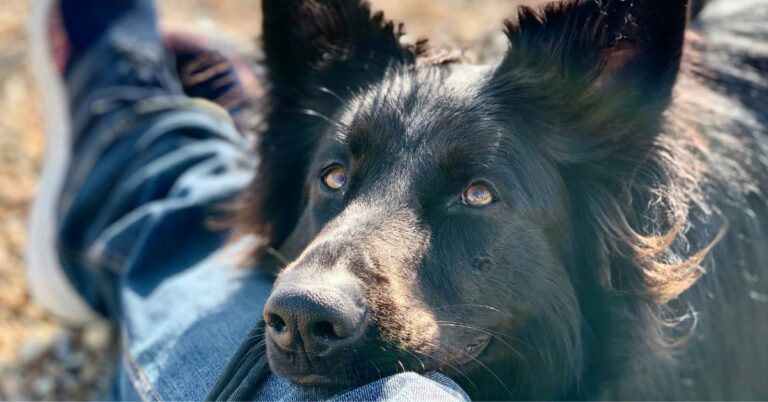15 Subtle Signs Your Dog Resents Your Baby and What to Do
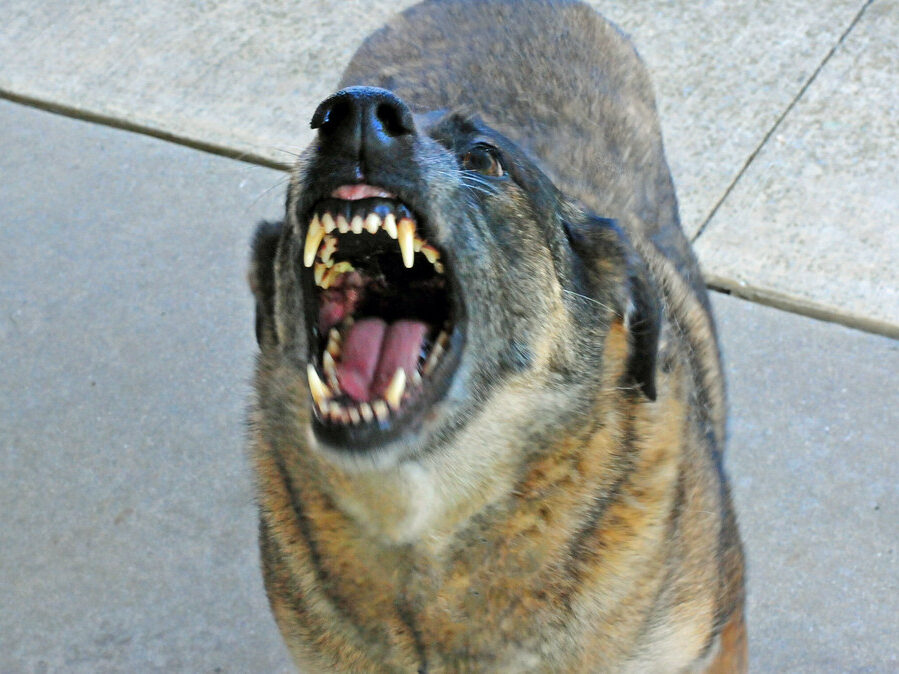
When a new baby arrives, it’s a big adjustment for everyone, including your dog. While some dogs adapt well to the new family member, others may show subtle signs of discomfort, stress, or even resentment. It’s important to recognize these signs early and help your dog adjust to the changes. Below are 15 subtle signs that your dog might be struggling with the new addition to the family and tips on how to help them cope.
Avoidance
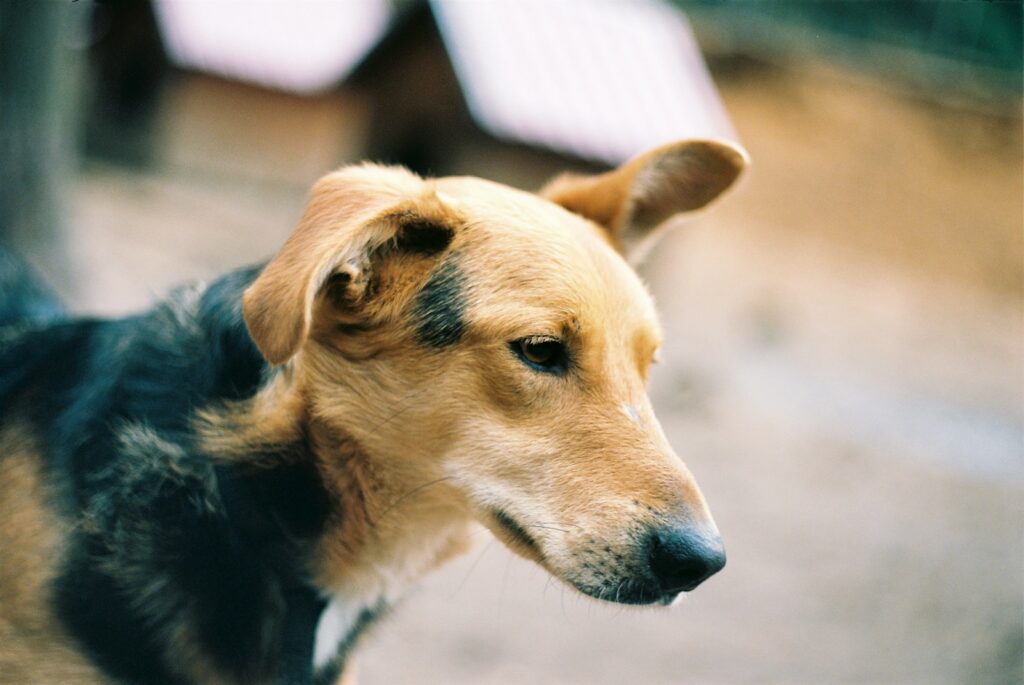
Suppose your dog starts avoiding the baby by leaving the room whenever the baby is around or hiding in a different part of the house. In that case, this can be a sign that they’re feeling uneasy or uncomfortable with the baby’s presence. Avoidance behavior shows that your dog isn’t ready to accept the baby yet. To help, give your dog their own safe space where they can retreat when they feel overwhelmed. .
Excessive Barking
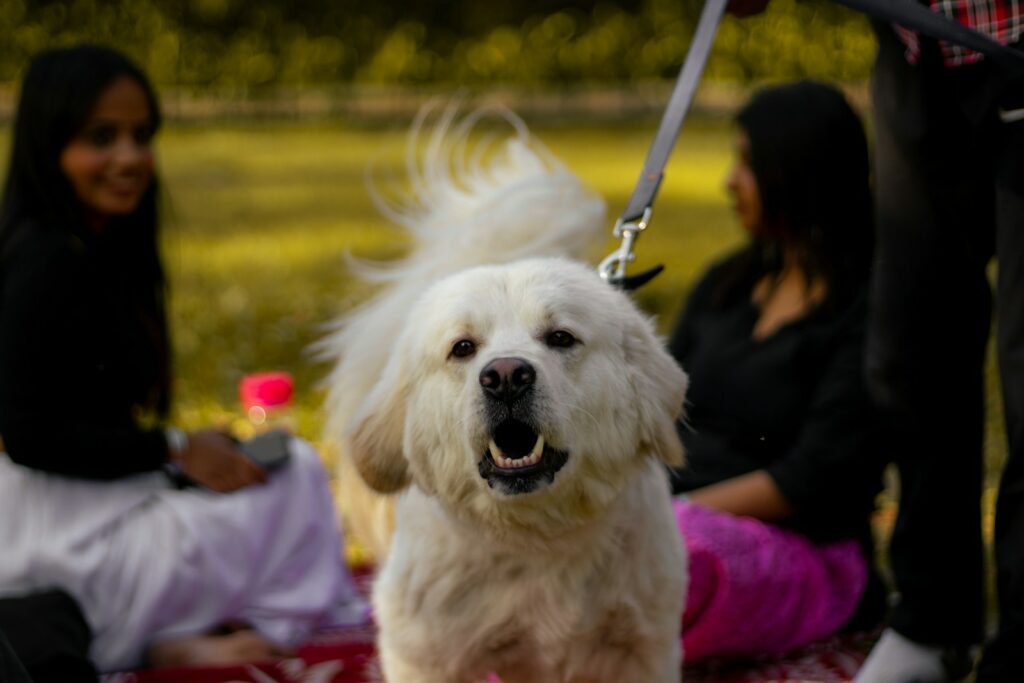
Dogs that start barking more when the baby is around may be reacting to the unfamiliar sounds and movements of the baby, causing stress or anxiety. Excessive barking is a common sign that your dog is uneasy about the changes in their environment. To help calm your dog, work on rewarding quiet behavior when the baby is present. Additionally, make sure your dog gets enough attention, exercise, and playtime to help them release their nervous energy.
Growling or Snarling
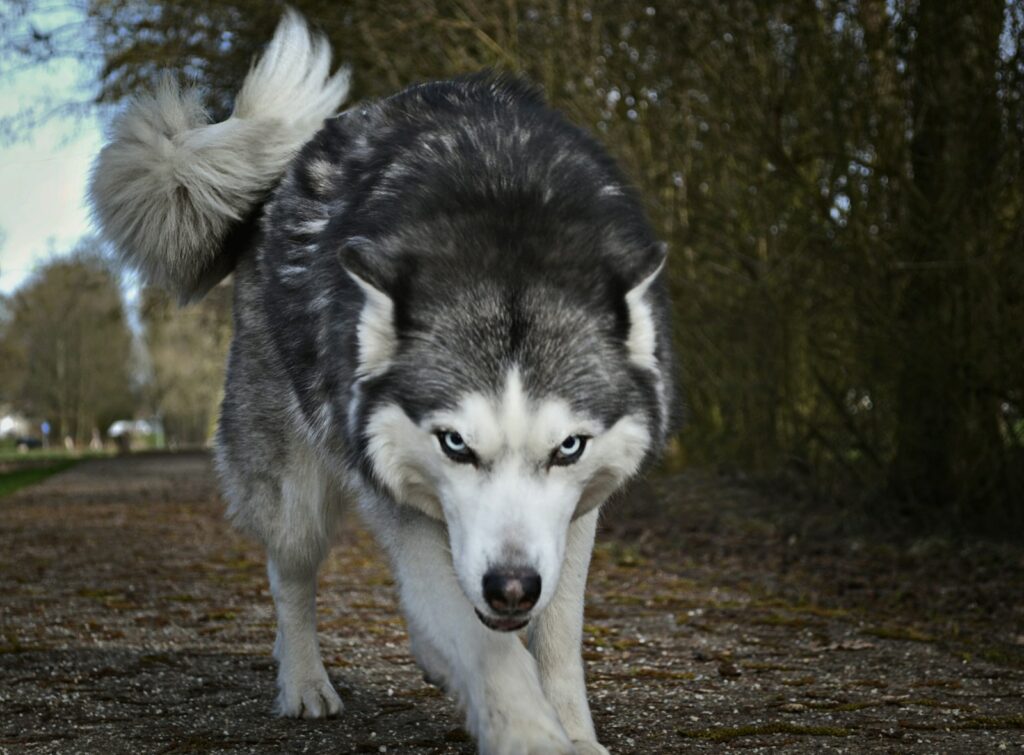
Growling or snarling, even if infrequent, is a clear indicator that your dog feels uncomfortable or insecure around the baby. Dogs use growling as a way to communicate their unease. Rather than punishing your dog for growling, which can lead to further stress, recognize it as a warning sign. Keep a safe distance between your dog and the baby, and consider seeking help from a professional trainer to work on building a positive association with the baby.
Clinginess to You
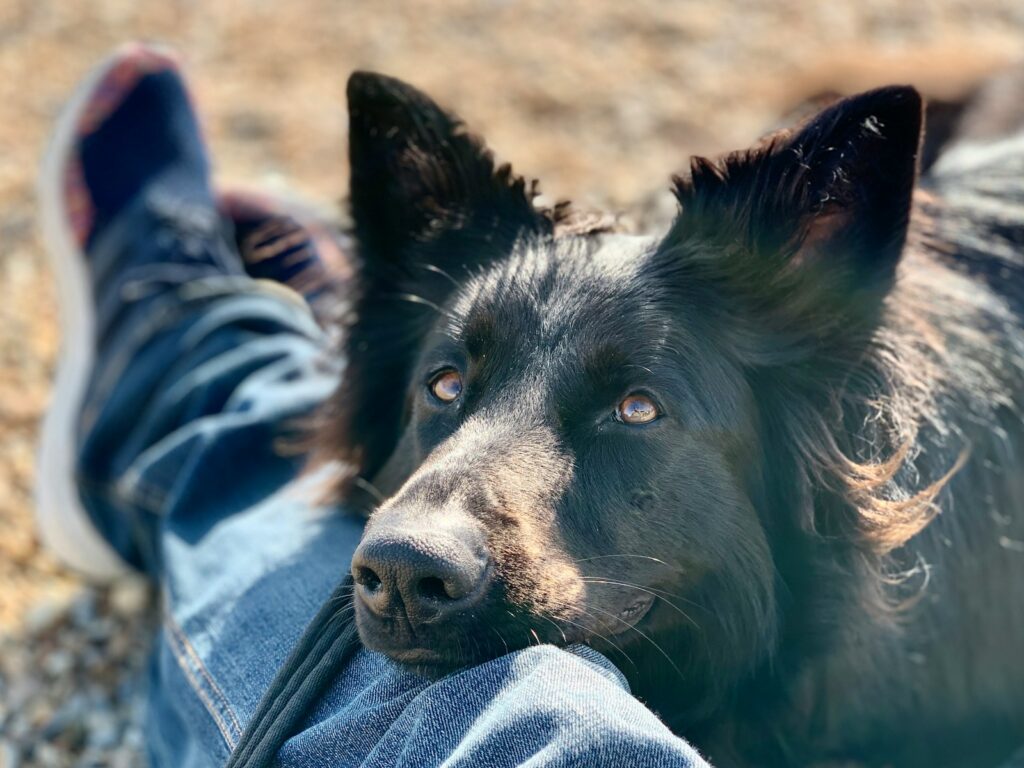
If your dog has become suddenly more clingy, following you around more than usual, or seeking constant attention, this could be a sign that they feel neglected or threatened by the new baby. Dogs can become insecure when they sense that their relationship with their owner changes. To address this, ensure you set aside time each day to spend with your pup.
Destructive Behavior
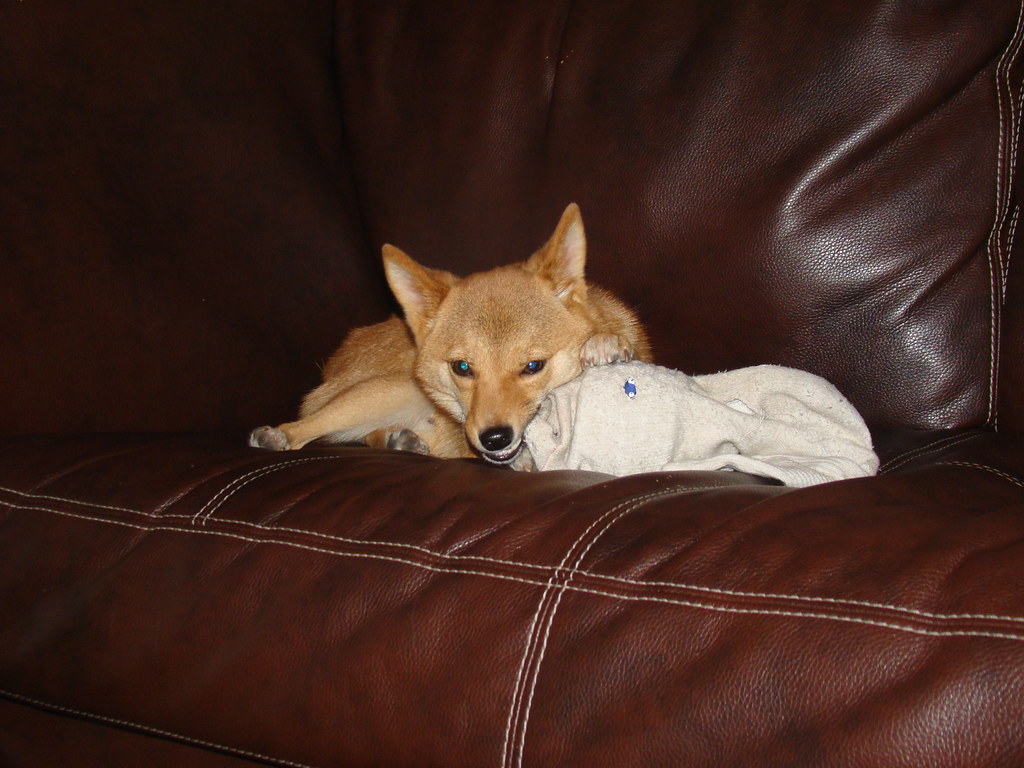
Chewing on furniture, destroying toys, or engaging in other destructive behaviors can be a sign that your dog is feeling frustrated or stressed by the new baby in the house. Destructive behavior is often an outlet for pent-up anxiety. Providing your dog with mental stimulation, such as puzzle toys or chew toys, and ensuring they get enough physical exercise can help redirect their energy in a positive way.
Ignoring Commands
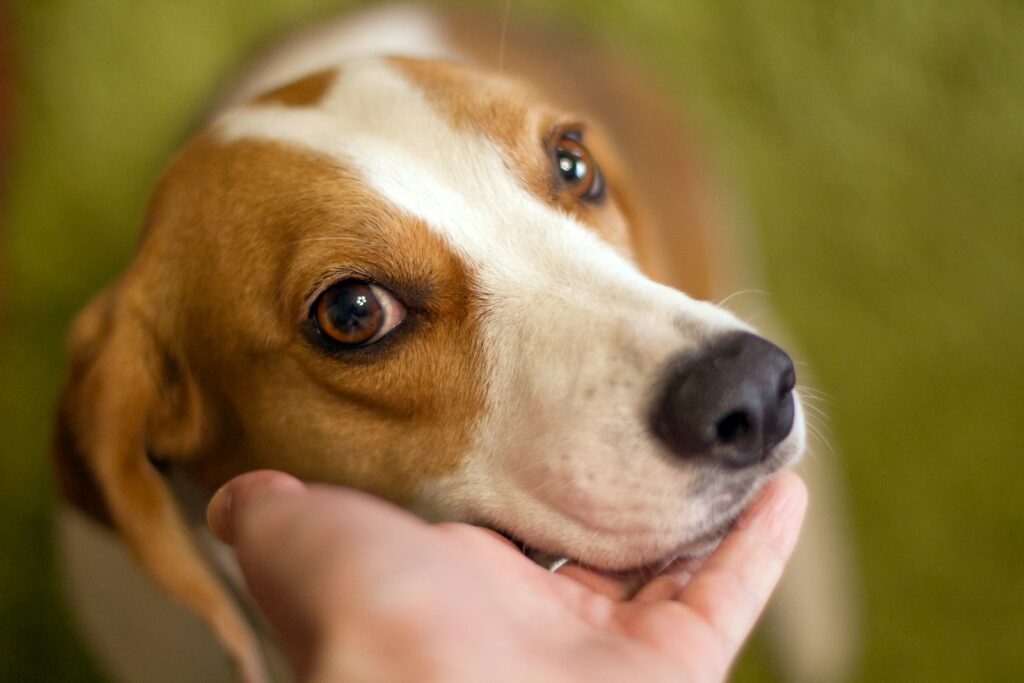
If your dog, who usually listens well, suddenly stops responding to commands, it could be a sign that they’re feeling overwhelmed by the changes in the household. Ignoring commands is often a sign of stress or frustration. Be patient and consistent with training, reinforcing basic commands regularly but keeping the sessions short and positive. Reward your dog for following commands, and slowly reintroduce them to the baby.
Peeing Indoors
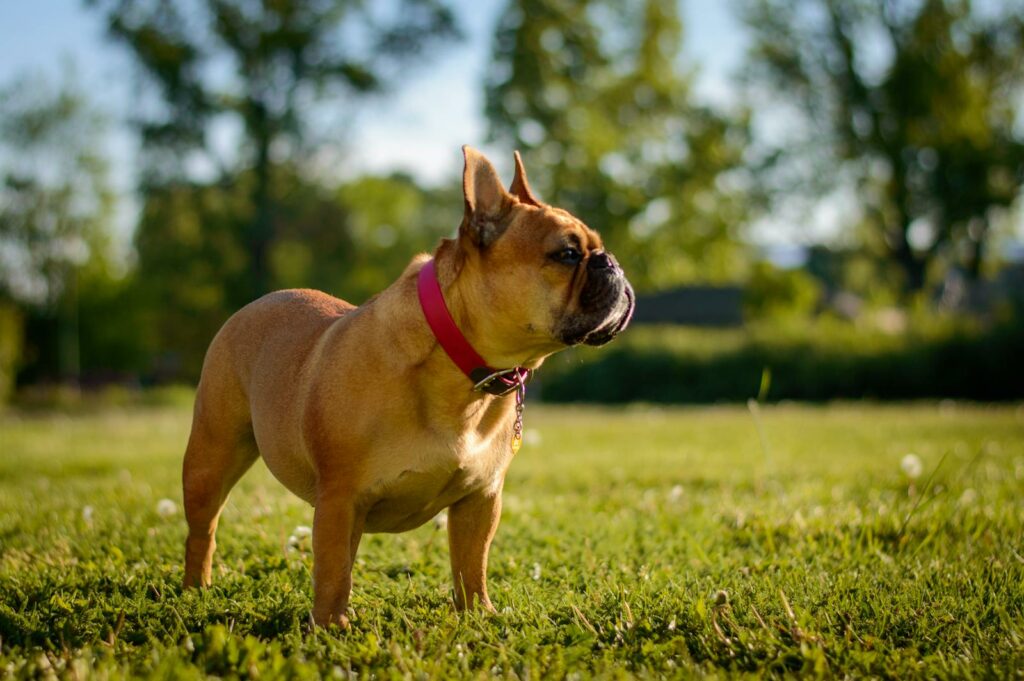
A house-trained dog that starts peeing indoors after the baby arrives may be stressed or feeling insecure. Dogs sometimes regress to inappropriate bathroom habits when they are anxious or marking territory. Make sure to maintain your dog’s bathroom routine with frequent trips outside, especially when new changes in the home, like a baby, may be causing stress. Reinforce house training and address your dog’s anxiety through positive interactions.
Lethargy or Withdrawal
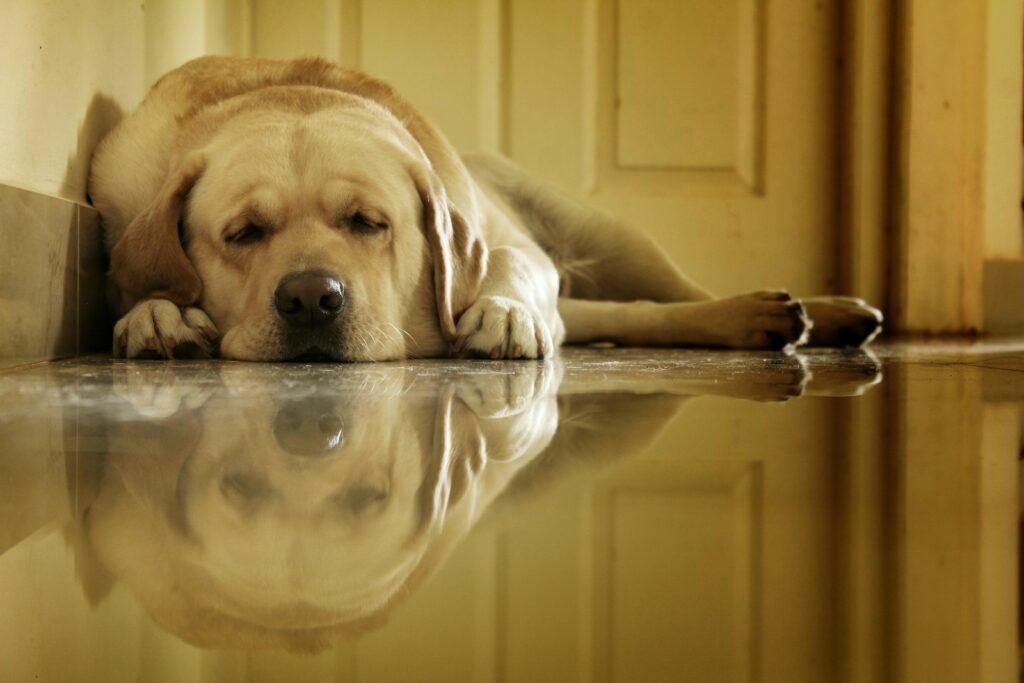
If your normally energetic and playful dog suddenly becomes lethargic, withdrawn, or seems uninterested in activities they used to enjoy, they may be feeling depressed or anxious due to the arrival of the baby. Withdrawal is often a sign that your dog is struggling with the change in the family dynamic. Re-engage your dog by involving them in fun activities like walks, games, or training sessions. Also, ensure that they are not forced to interact with the baby until they are ready.
Acting Overly Protective
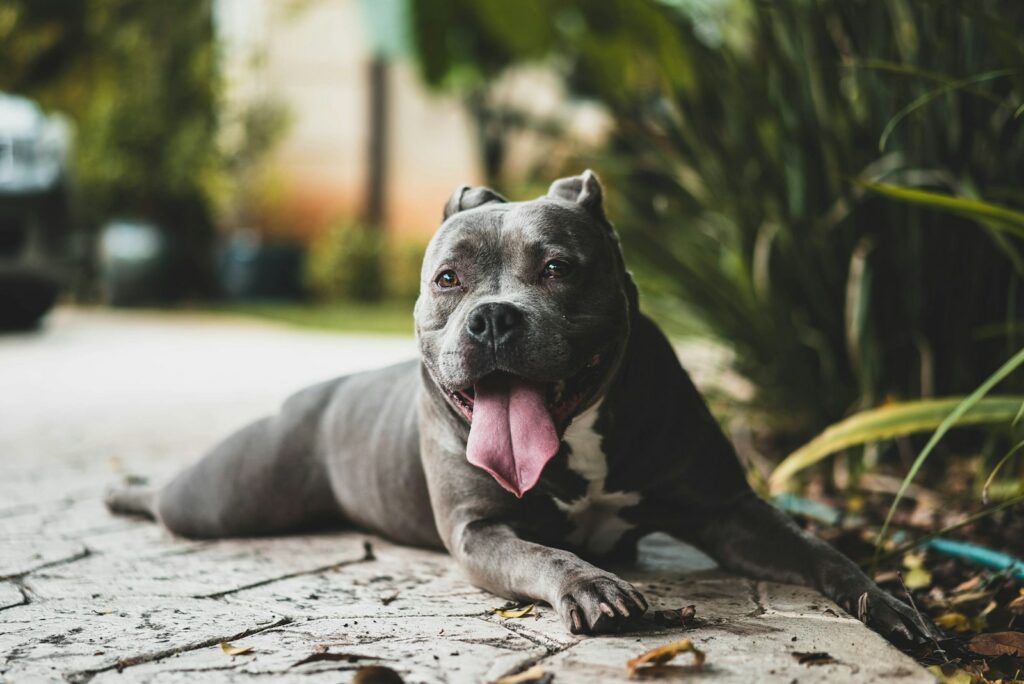
Some dogs may become overly protective of the baby, constantly guarding them, barking at anyone who comes near, or displaying signs of anxiety when others interact with the baby. While this protective behavior may seem sweet, it can indicate that your dog is feeling insecure or confused about their role in the family. Calmly redirect your dog’s protective behavior by giving them commands like “sit” or “stay” when they start guarding the baby, rewarding them for calm behavior.
Constant Licking
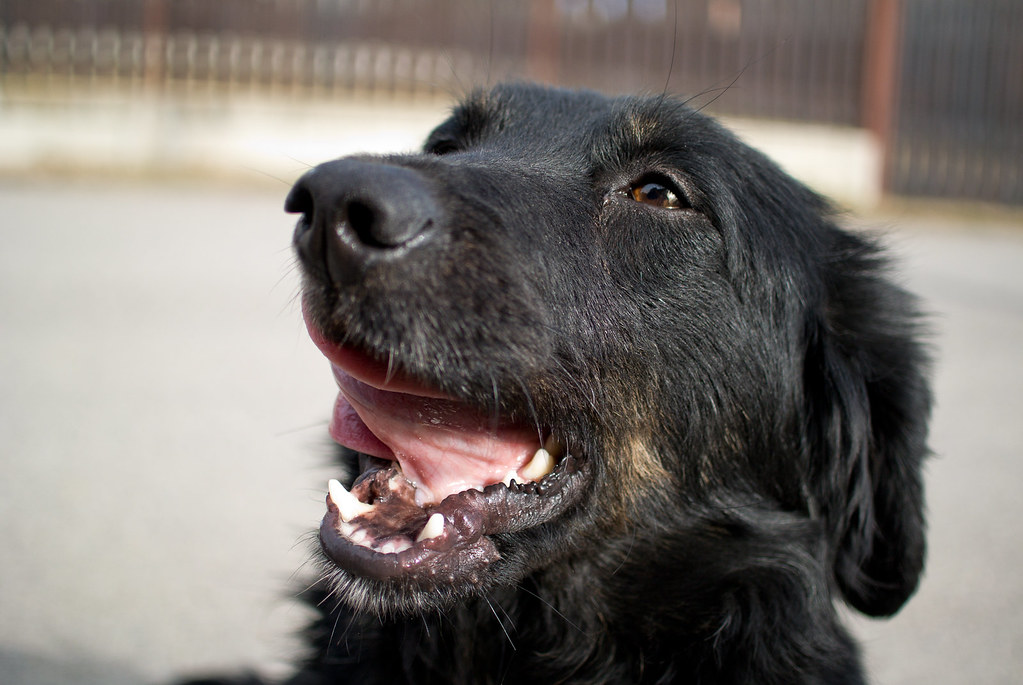
If your dog begins excessively licking the baby, themselves, or even you, it could be a sign of anxiety or nervousness. Licking is often a self-soothing behavior that dogs use when they feel stressed. Encourage your dog to display calm behavior by offering treats and praise when they are relaxed. Gradual exposure to the baby in a controlled environment, paired with positive reinforcement, can help reduce your dog’s anxiety.
Demanding Attention
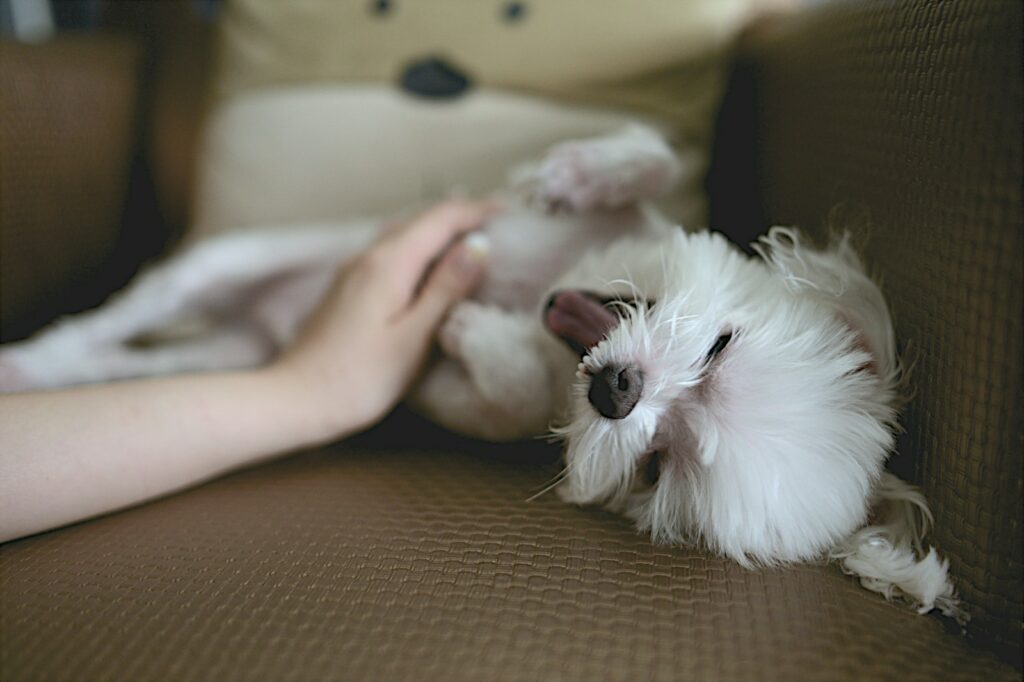
Dogs that begin excessively pawing at you, barking for attention, or nudging you when you’re focused on the baby are likely feeling neglected or jealous. These behaviors are their way of asking for reassurance. Make sure to spend focused time with your dog during the day, even while caring for the baby. You can include your dog during baby-related activities, such as taking them along on walks or offering them attention when the baby is asleep.
Refusing to Share Space
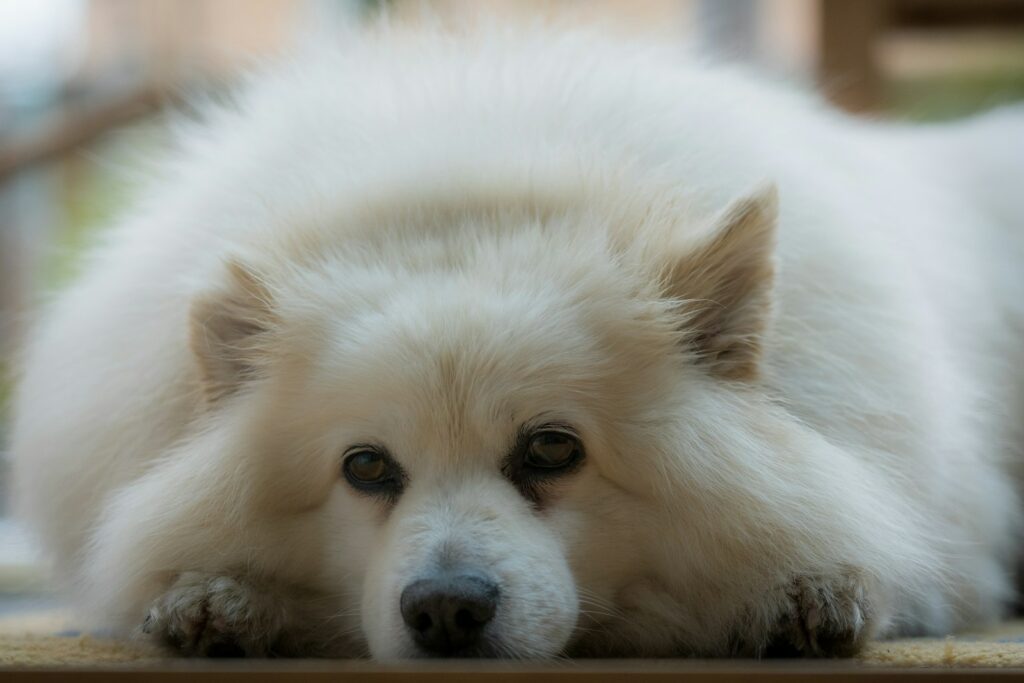
If your dog once loved sitting next to you but now avoids areas near the baby or refuses to be near baby-related items like strollers or toys, it could indicate discomfort or jealousy. Your dog may be feeling pushed out of their usual space. Help your dog get comfortable with the baby’s presence by allowing them to approach baby items at their own pace. Reward your dog with treats or praise when they calmly sit near the baby’s belongings.
Changes in Eating Habits
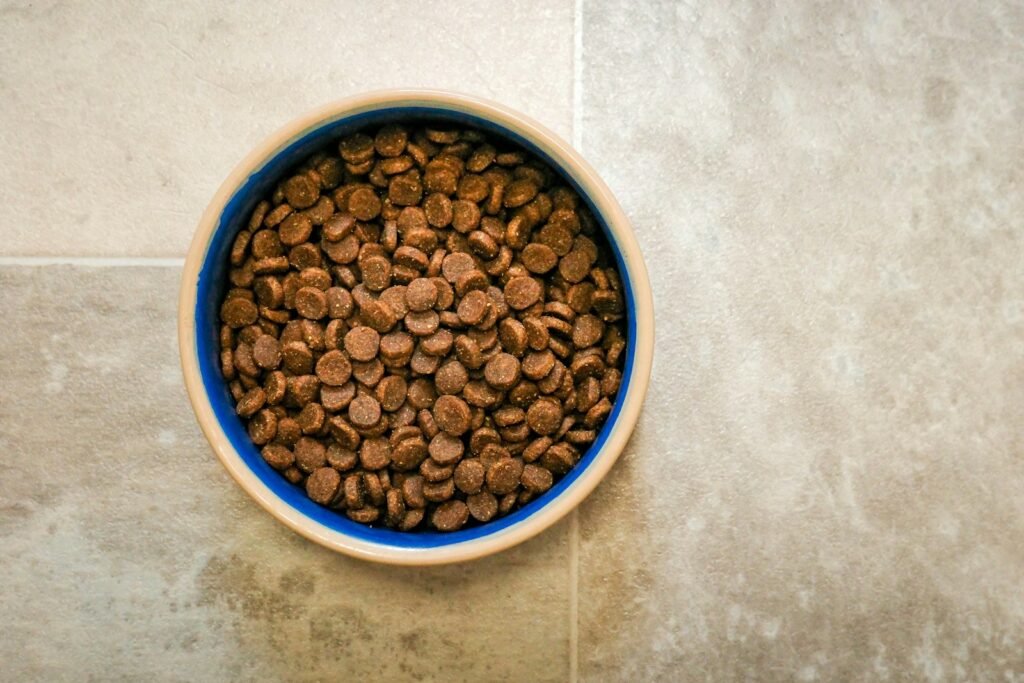
If your dog starts eating more or less than usual or becomes possessive over food, this could be a sign of stress or anxiety related to the changes in the household dynamic. Ensure that your dog’s mealtimes remain consistent and peaceful, away from the baby’s activities. If they’re overeating or not eating at all, it may be helpful to give them extra attention during mealtime and make sure they feel secure.
Whining or Pacing
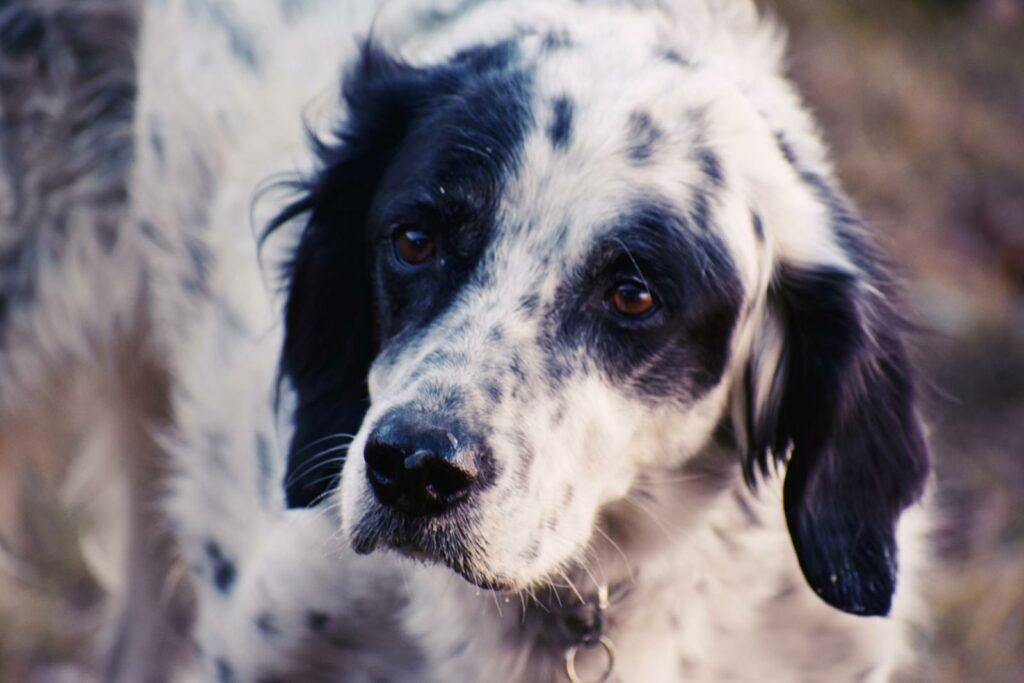
Whining or pacing can indicate that your dog is feeling anxious, unsettled, or unsure about how to act around the baby. These behaviors show that your dog is looking for reassurance. To help calm your dog, speak to them in a soothing toneand reward calm behavior. Provide them with a quiet, designated space where they can feel safe and relaxed when they need a break from the baby.
Jealous Body Blocking
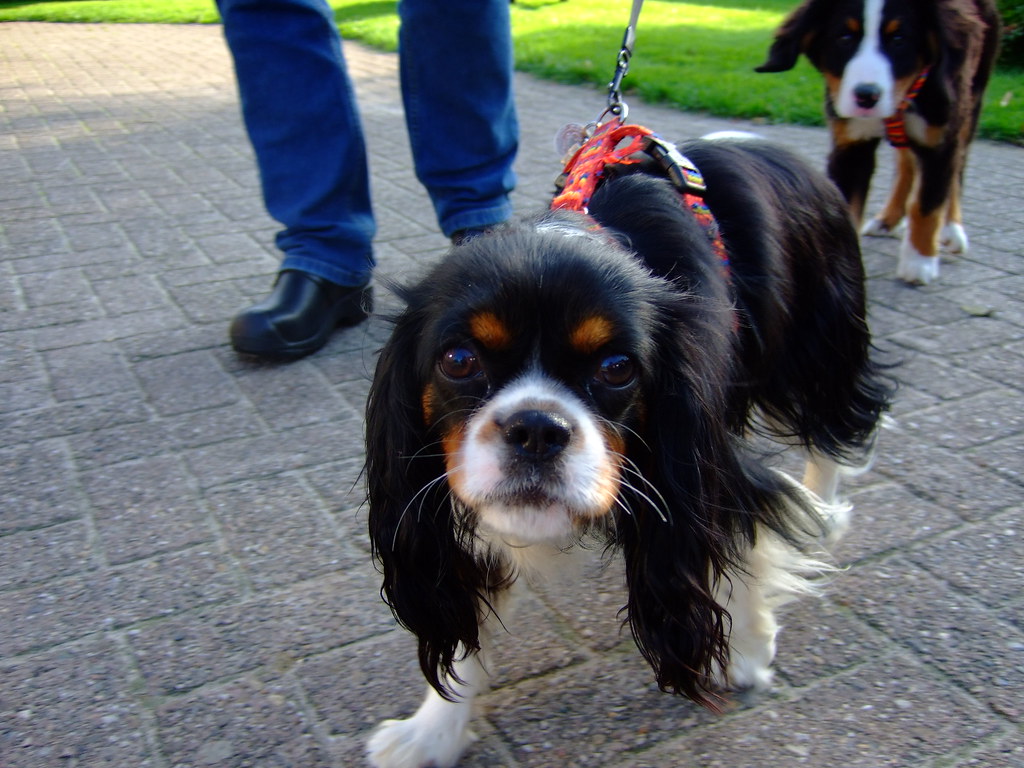
If your dog tries to physically get between you and the baby or pushes their body against you when you’re holding the baby, this may be a sign of jealousy. Your dog could be feeling insecure about their place in the family. Gently discourage the behavior by teaching your dog that good things happen when they are calm and relaxed around the baby. Use treats to reward your dog when they sit or lie down near the baby without blocking you.

